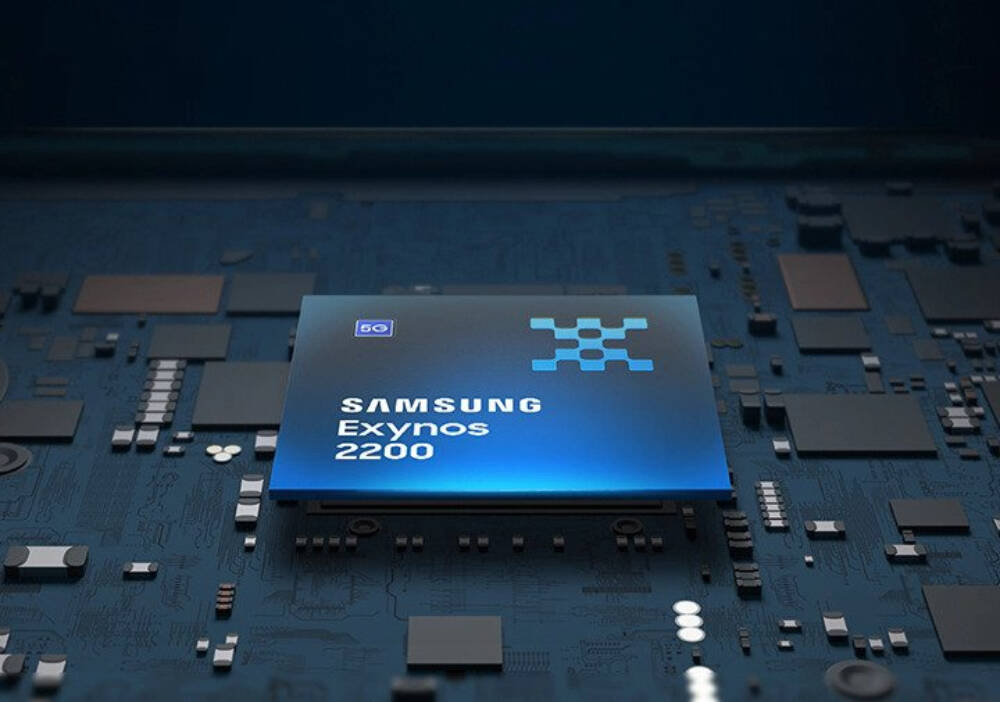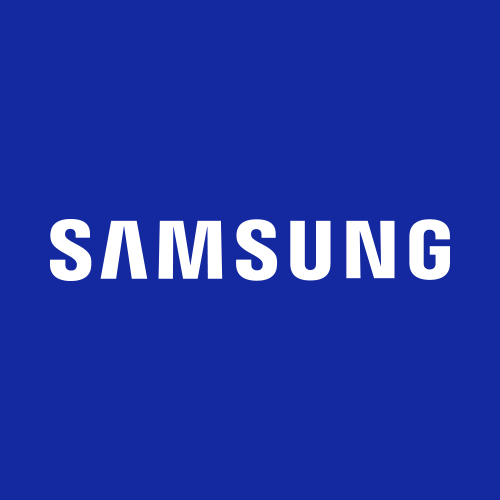Samsung and AMD today announced what looks to be a really interesting chip based on ARMv9.

What I’ve found particularly interesting is that (to my knowledge) this is the first commercial example of a mobile chip with hardware accelerated ray tracing via RDNA2.

 www.samsung.com
www.samsung.com
It’s fantastic to see competition heating up in the handset chip business.
I wonder if we will see Apple introduce ray tracing via Imagination Technologies photon IP later this year in A16 and TSMC N4P process….. or whether we will have to wait for A17.
Exciting times

What I’ve found particularly interesting is that (to my knowledge) this is the first commercial example of a mobile chip with hardware accelerated ray tracing via RDNA2.

Exynos 2200 | Mobile Processor | Samsung Semiconductor Global
Exynos 2200 mobile processor provides an unprecedented mobile gaming experience through an octa-core CPU with a built-in Cortex-X2 core and Samsung Xclipse GPU.
It’s fantastic to see competition heating up in the handset chip business.
I wonder if we will see Apple introduce ray tracing via Imagination Technologies photon IP later this year in A16 and TSMC N4P process….. or whether we will have to wait for A17.
Exciting times

